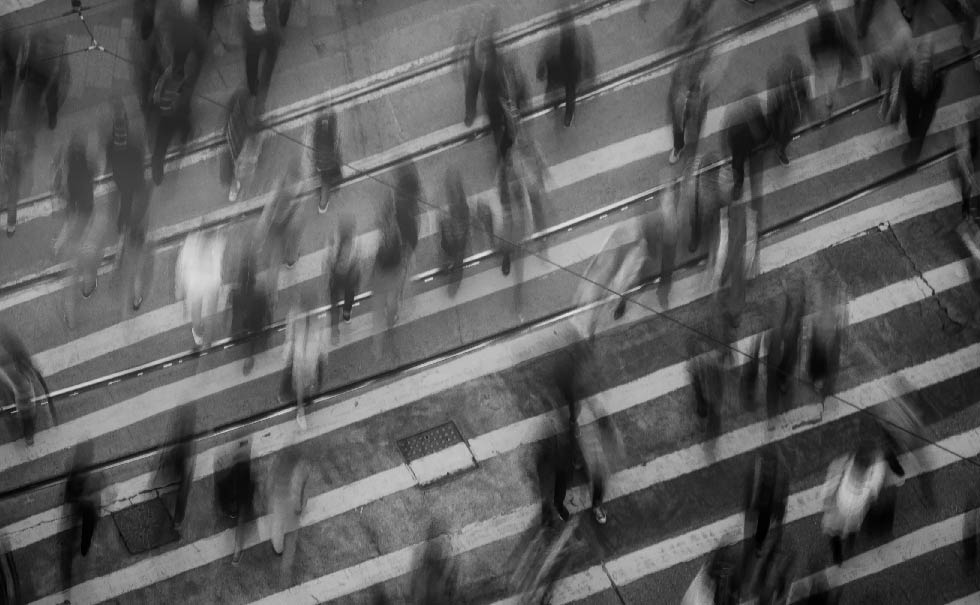Parshat: Nitzavim and Vayelech
The Torah portions of Nitzavim and Vayelech are often read as a combined Parsha, they share profound ideas that resonate together:
Nitzavim, translated as “You are Standing,” signifies presence, a sense of being in the here and now, fully engaged with life.
It begins with the renewal of the covenant between God and the children of Israel: collective and individual responsibility.
It also vibrates with the theme of teshuvah, or return, and the powerful idea that change and redemption are always possible.
Vayelech, meaning “And He went,” represents movement, progression – the antithesis to static existence.
It narrates Moses’ final day of life on earth, his last actions being a transfer of leadership to Joshua and the writing of the Torah scroll that would be placed in the Ark of the Covenant.
Moses, as a teacher, is an extraordinary model of a human being who continually strives towards growth and learning. He hesitates at first, even argues with God regarding his abilities and the mammoth task at hand. Ultimately, he embraces his role as a leader and teacher and stands the test of time as the greatest prophet to arise in Israel.
His insistence on the human capacity to change and to choose which is beautifully illustrated in this parsha, is a lesson to us for all time, even in the face of despair, there is always the possibility of teshuvah (return) and betterment:
If our greatest Prophet was also called to Teshuvah, how much more so are we – in Judaism regardless of our level and spiritual attainments we are all called to make deep self-analysis, to highlight our potential wrongdoings and where we have perhaps fallen short; spiritual life is a ladder on earth that reaches to the heavens, we can all find places in which to grow and climb in self-rectification and climbing closer to our Creator.
Together our two Torah portions express a balance between being and becoming, standing and journeying, introspection and action:
As Nitzavim emphasizes our agency and ability to make meaningful choices, Vayelech reminds us of the transitional nature of life and the importance of forward movement and growth.
The Torah is not in heaven[1]; it is humanly accessible and incumbent upon us all to learn and apply its lessons: This point is echoed in the Talmud[2] where it states, “Lo Ba’shamayim Hi” – the Torah is not in heaven, but here on earth for us to engage with it – we are required to legislate from it and to use human logic and discernment to act in accordance with the wisdom of Chazal[3].
“Free will” is the divine capacity invested within every soul to choose life, and thus to choose good over evil. This is reflected in the verse[4]: “I have set before you life and death, blessing and curse. Therefore, choose life, that you and your offspring may live.”
To a certain extent we each have the power to choose our own destiny and create our own reality.
Our choices have a real impact on our lives and the lives of those around us.
We are all responsible for making the world a better place.
Shabbat Shalom
Rabbi Jonathan Goldschmidt 2023 ©
[1] Devarim 30:12
[2] Bava Metzia 59b
[3] Chazal or Ḥazal (Hebrew: חז״ל), an acronym for the Hebrew “Ḥakhameinu Zikhronam Liv’rakha” (חכמינו זכרונם לברכה, “Our Sages, may their memory be blessed”), refers to all Jewish sages of the Mishna, Tosefta and Talmud eras, spanning from the times of the final 300 years of the Second Temple of Jerusalem until the 7th century CE, or c. 250 BCE – c. 625 CE.
[4] Devarim 30:19




